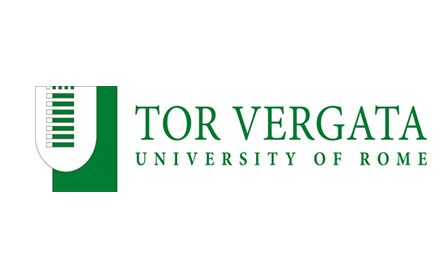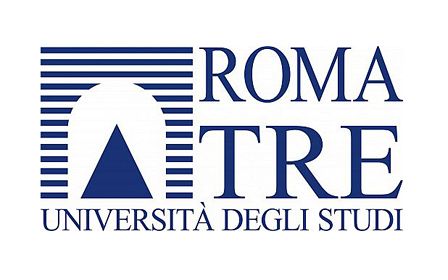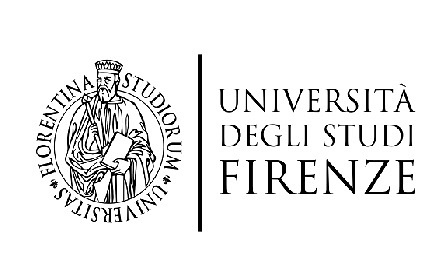SPEAKERS

Romina Cavatassi is a Senior Natural Resource Economist in the Research and Impact Assessment division of the Strategy and Knowledge Department of International Fund for Agricultural Development (IFAD) where she is in charge of leading a number of Impact Assessment in various countries. Prior to joining IFAD, Romina worked for the Food and Agriculture organization of the United Nations where she was involved in a program of work with a focus on natural resource economics, including Climate Smart Agriculture and agrobiodiversity. She holds a PhD in Natural Resource and Development Economics from Wageningen University and research Centre, an MSc in Environmental Assessment and Evaluation from the London School of Economics and a Master Level degree in Economics from the University of Bologna.
Session VI - Climate Change and Development 27/10/2017 11:45 - 13:15
Diversification under climate variability as part of CSA strategy in Zambia and Malawi
Climate change poses severe challenges to agricultural livelihoods due to increased frequency and intensity of extreme weather events. Livelihood diversification strategies can play important role in decreasing food insecurity and vulnerability under these challenges. The paper presents a synthesis of two comprehensive studies from Zambia and Malawi on the drivers of diversification and its impacts on selected welfare outcomes with a specific attention to climatic variables and institutions. Geo-referenced farm-household-level data merged with data on historical rainfall and temperature data combined with institutional and administrative data offer a unique opportunity to look into policy insights. The analysis of the case studies demonstrate that diversification is clearly an adaptation response, as long term trends in climatic shocks have a significant effect on livelihood diversification, albeit with different implications. The two case studies document distinct ways in which incentives for livelihood diversification are shaped by increased variability invariability in rainfall and rural institutions. The results also demonstrate that diversification can be an effective adaptation response.
Other Speakers in this session:
Cristina Cattaneo (Fondazione Eni Enrico Mattei)
Inflows and outflows of climate migrants: the impact on local conflict
Aslihan Arslan (IFAD)
Climate resilience in rural Zambia: Evaluating farmers’ response to El Niño-induced drought
Pierluigi Montalbano (University of Rome “La Sapienza” and University of Sussex)
Temperature Shocks, Growth and Poverty Threshold: Evidence from Rural Tanzania



